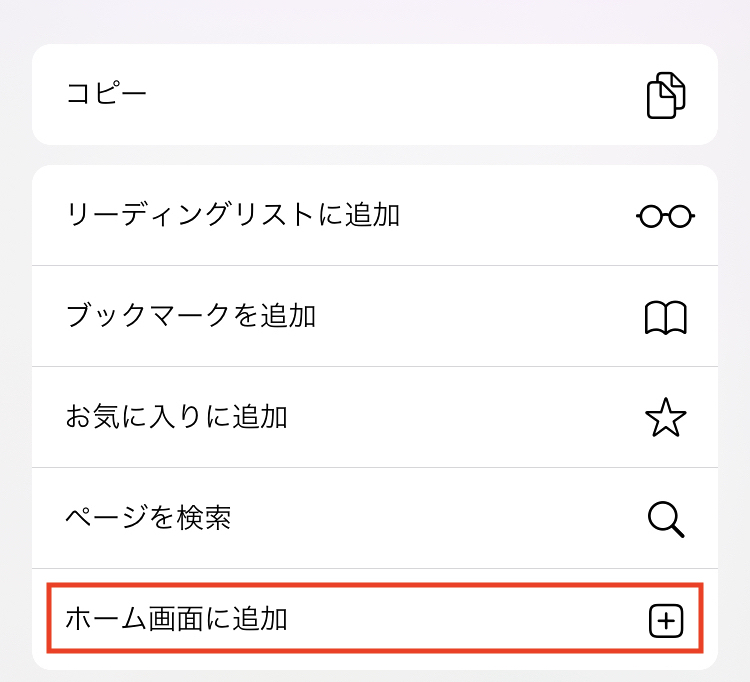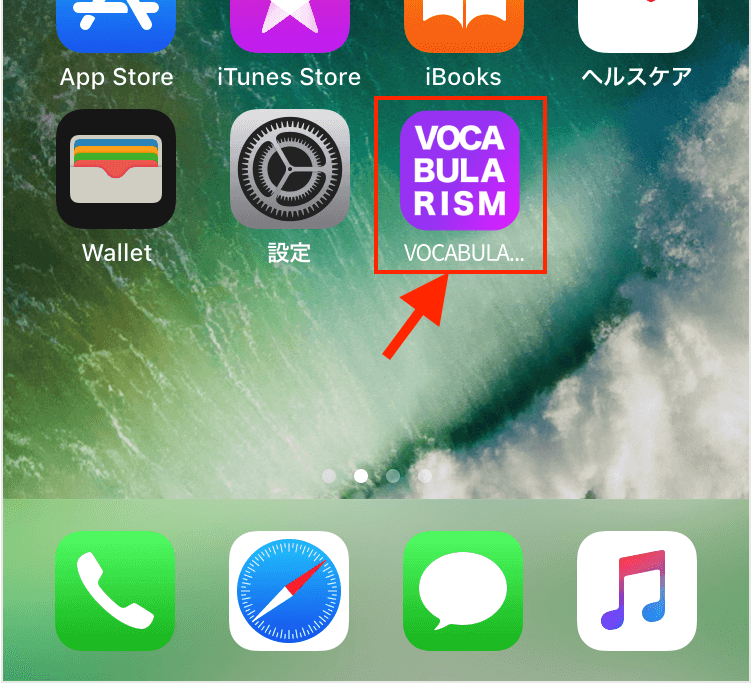late Middle English (in the sense ‘solidified’): from French concret or Latin concretus, past participle of concrescere ‘grow together’. Early use was also as a grammatical term designating a quality belonging to a substance (usually expressed by an adjective such as white in white paper) as opposed to the quality itself (expressed by an abstract noun such as whiteness); later concrete came to be used to refer to nouns embodying attributes (e.g. fool, hero), as opposed to the attributes themselves (e.g. foolishness, heroism), and this is the basis of the modern use as the opposite of ‘abstract’. The noun sense ‘building material’ dates from the mid 19th century
中世後期英語(「固まった」という意味で):フランス語の concret またはラテン語の concretus から、concrescere「一緒に成長する」の過去分詞。初期には、質そのもの(白さのような抽象名詞で表される)とは対照的に、物質に属する質(通常、白い紙の白のような形容詞で表される)を指定する文法用語としても使われた。後に、concrete は属性そのもの(例:愚かさ、英雄性)とは対照的に、属性を体現する名詞(例:馬鹿、英雄)を指すのに用いられるようになり、これが「抽象」の反対語として現代的に用いられる基礎となっている。建材」という名詞の意味は19世紀半ばからである。

 Aiko先生
Aiko先生










































